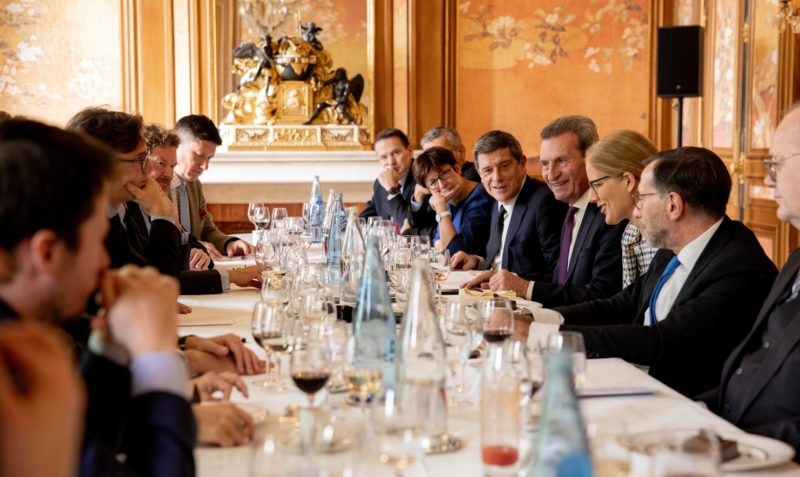As the United States and China forge ahead in economic growth, Europe is facing economic challenges. The landscape of global innovation and power has shifted, with BigTech flourishing in California and China, leaving the European continent struggling to keep pace.
Recent electoral outcomes have been disheartening in Europe, marked by the rise of populist forces challenging the very foundation of the European Union. Two decades ago, Europe stood as the most innovative continent, but today it faces a stark reality: proficiency in regulation, yet a glaring deficit in its implementation.
Energy Security, Supply Chain Dependencies, Innovation, and Energy Prices have become paramount concerns for major European capitals, particularly Paris and Berlin. The question of dependency looms large, highlighting the critical role of nuclear and gas in sustaining energy-intensive industries.
Recommendation 1: As Germany and the rest of Europe navigate this landscape, a strategic and smart industrial policy becomes imperative: Europe is positioned ahead in innovative grid systems, and this presents a unique opportunity to lead in technology and software.
Furthermore, the Franco-German relationship emerged as a linchpin for European success. Surprisingly, the most consequential election for Europe is not the European Elections but the US election, as the potential return of Trump 2.0 looms large. In the face of those shifting dynamics in the US, Europe must act strategically.
Recommendation 2: While not all policies need Europeanization, energy policy demands a united front. Here, a stronger voice from the energy sector is crucial, to keep pushing policymakers towards a European approach. The shift toward renewable energy production in Europe’s peripheries must be a key focus for the next commission. By connecting regions with abundant resources in the south and the north with industrial hubs in the centre, Europe can optimize energy distribution, and supply chain dependency, promoting unity and resilience in the face of global challenges.
As Germany, France, and Brussels are unprepared, concerns about the ability to support neighbours like Ukraine in crisis are rising. The war in Ukraine transcended regional conflicts, shaping the rules of 21st-century Europe. Russia’s attempt to reintroduce imperial rules created a half-circle of instability around the European Union, affecting countries from the Sahel to the Baltics.
Recommendation 3: The potential re-election of Trump in 2024 adds complexity and emphasizes the need for a genuine European defence market and investment in military mobility. To address Europe’s strategic capability gaps, the establishment of an EU Defense Advanced Research Projects Agency is needed and finally, the outdated antagonism between the European Union and NATO must be overcome.
Inspired by the recent United Europe CEO Lunch in Paris.



